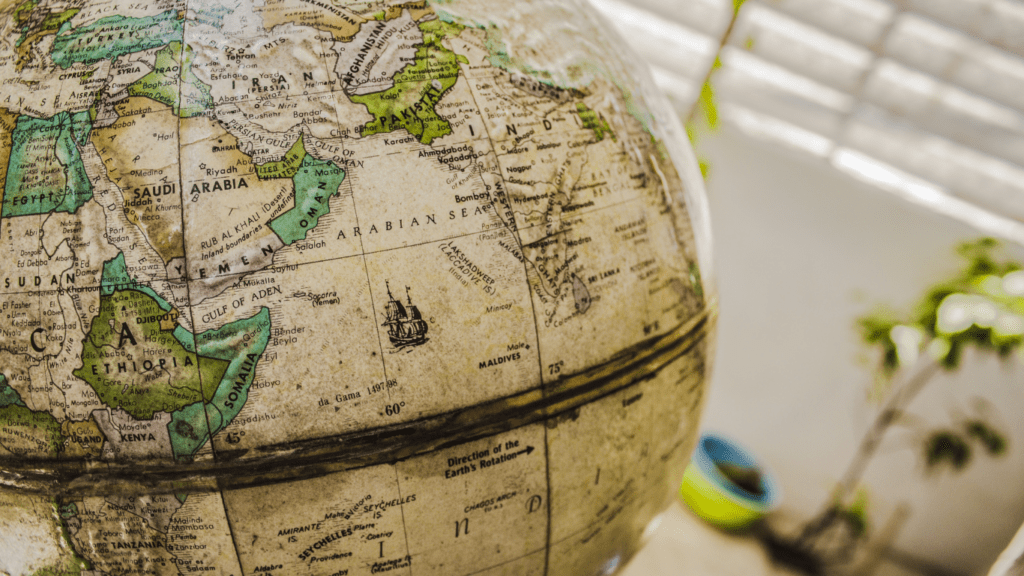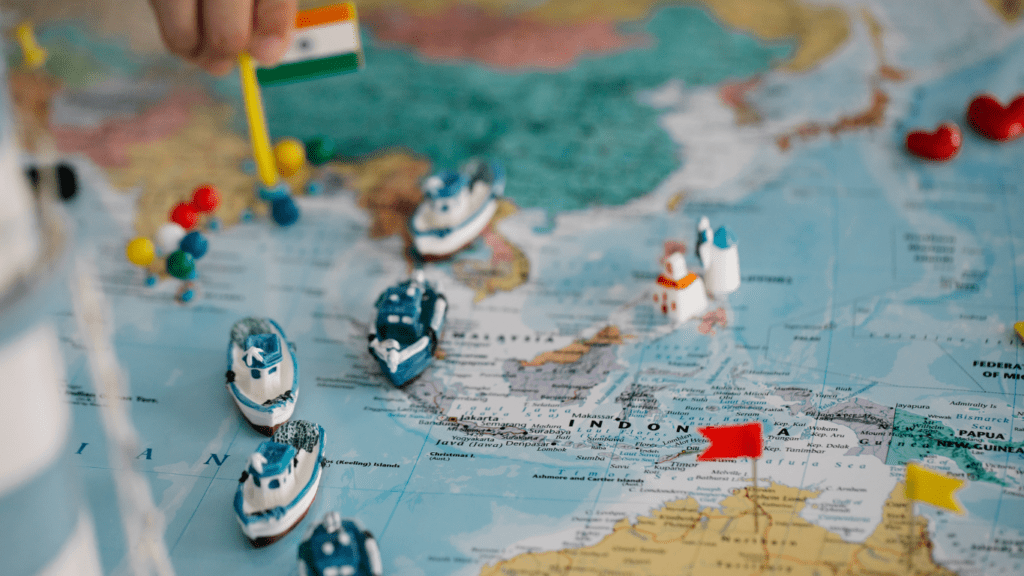Exploring the intricate web of gambling laws worldwide, I delve into the fascinating realm of how regulations vary across continents. From the glitzy casinos of Las Vegas to the bustling gambling hubs of Macau, each region boasts its unique set of rules and restrictions.
Join me on a journey through the diverse landscape of gambling legislation as we uncover the nuances that shape this multi-billion dollar industry. As I navigate through the maze of legal frameworks governing gambling activities, I’ll shed light on the contrasting approaches adopted by different continents.
Whether it’s the strict regulations in Europe or the more liberal stance in certain parts of Asia, the disparities in gambling laws offer a compelling insight into the cultural and societal attitudes towards gaming. Stay tuned as we unravel the complexities of gambling regulations in this eye-opening comparative analysis.
Overview of Gambling Laws
Gambling laws around the world create a fascinating mosaic of regulatory frameworks that vary greatly by region. In Europe, stringent regulations prioritize consumer protection and responsible gaming, while in Asia, some regions embrace a more relaxed approach with fewer restrictions on gambling activities.
These legal differences are shaped by cultural attitudes toward gambling, which influence how it is perceived and regulated in each society. The contrast in gambling laws not only impacts how casinos and betting establishments operate but also reflects broader societal views on gambling as either a form of entertainment or vice. I will explore these regional variations in more detail, offering a deeper comparative analysis of the complexities of global gambling regulations.
North America
In North America, gambling laws exhibit significant variations between the United States and Canada.
United States
In the United States, gambling laws are primarily determined at the state level, leading to a diverse regulatory landscape. While some states like Nevada have a long-standing history of legalized gambling, others have more stringent restrictions, allowing only limited forms of gambling such as lottery or tribal casinos.
The federal government also plays a role in overseeing certain aspects like interstate gambling and sports betting regulations. As a result, the U.S. has a complex mix of gambling laws that reflect the interplay between federal and state jurisdictions.
Canada
- Provincial regulation: In Canada, provinces regulate gambling independently, leading to varying laws and policies across the country, with differences in the legality of online and land-based casinos.
- Online gambling complexity: While some provinces operate their own online gambling sites, others either prohibit or limit online betting, creating a decentralized and varied regulatory landscape.
Europe
Europe boasts a diverse array of gambling laws, reflecting the continent’s varied cultural and regulatory landscapes. From the strict regulations in some countries to the more liberal approaches in others, Europe encompasses a wide spectrum of perspectives on gambling practices.
United Kingdom
In the United Kingdom, gambling is regulated by the UK Gambling Commission, established under the Gambling Act 2005. The Commission oversees all aspects of commercial gambling in the country to ensure fairness, transparency, and player protection.
With a well-defined legal framework, the UK upholds stringent standards to promote responsible gambling and prevent criminal activities associated with the industry.
Germany
In Germany, gambling laws have experienced significant changes in recent years. The country implemented the Interstate Treaty on Gambling to regulate the sector, aiming to combat illegal gambling and address addiction issues.
However, the treaty has faced challenges, leading to ongoing discussions and potential reforms to create a more coherent and effective regulatory environment for the gambling industry.
Asia
Asia presents a unique and varied landscape when it comes to gambling laws, with each country developing its regulatory frameworks based on cultural values and economic priorities. In places like Singapore and Macau, gambling is a central part of the economy, with Macau’s casino industry even outpacing Las Vegas in revenue, while other countries like Japan remain cautious, with their regulatory processes focused on balancing economic benefits with social concerns.
Macau, known as the “Gambling Capital of the World,” has created a legal environment that supports large-scale casinos, attracting millions of visitors each year. In contrast, Japan has faced a more complex path in legalizing integrated resorts, with concerns about the social impact of gambling influencing the pace and nature of its regulatory evolution. These regional differences highlight how Asia’s approach to gambling is shaped by a mixture of cultural attitudes, economic considerations, and social responsibility, offering a fascinating study in global gambling regulation.
Oceania
Oceania’s gambling laws reflect a mix of decentralized and national regulatory approaches, with countries adopting frameworks that align with their cultural, social, and economic contexts. In Australia, each state and territory is responsible for its own gambling regulations, creating a diverse regulatory environment. New South Wales, for example, has a well-established gambling industry with high-profile casinos like Star Casino, while Victoria imposes stringent controls to minimize gambling-related harm.
New Zealand, on the other hand, has a national approach, governed by the Gambling Act 2003, which covers all forms of gambling, ensuring fairness and harm minimization. While land-based casinos like SkyCity Auckland thrive, the country also regulates online gambling to provide a secure environment for players. In the Pacific Islands, gambling regulations vary widely, with Fiji allowing casinos and lotteries under the Gambling Control Decree, while Samoa maintains strict anti-gambling laws due to cultural beliefs. These variations across Oceania highlight the continent’s diverse regulatory landscape in the gambling industry.



 Founder
Founder
